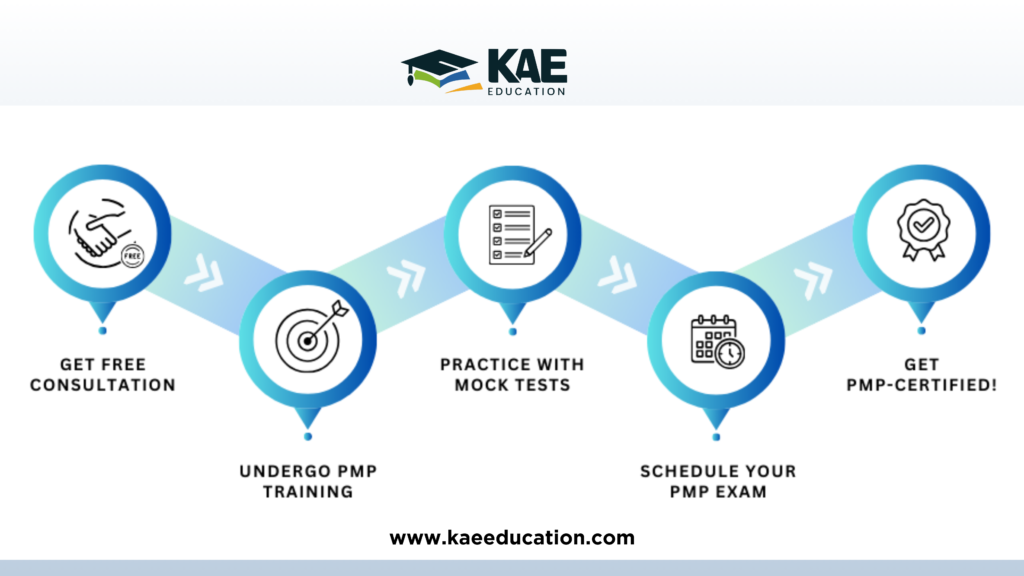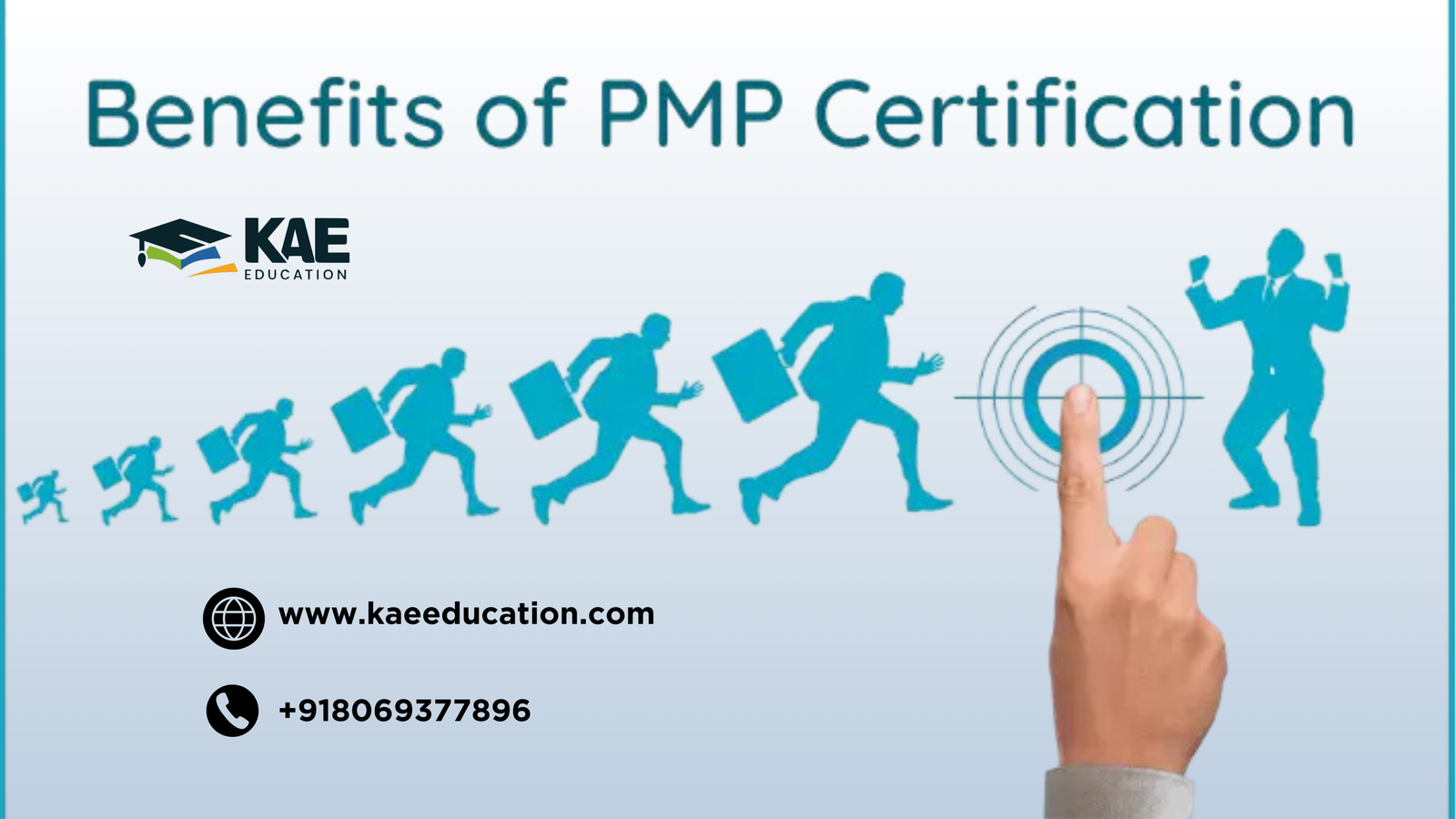Is PMP Training Certification Worth It? Exploring the Benefits for Career Growth
In today’s highly competitive job market, professionals are continuously seeking certifications that can enhance their skills and make them stand out. One of the most recognized certifications in the field of project management is the Project Management Professional (PMP) certification. But is it worth investing your time and resources into PMP training? Let’s explore how PMP certification can boost your career growth and why it remains one of the most valuable credentials in the Industry.
What is PMP Certification?
The Project Management Institute (PMI) offers the PMP certification, which is a widely accepted credential for project managers. It validates a project manager’s ability to lead and direct projects effectively. PMP certification is based on the PMI’s Project Management Body of Knowledge (PMBOK Guide), which outlines the essential knowledge, skills, tools, and techniques for successful project management.
Benefits of PMP Certification for Career Growth
- Enhances Project Management Skills:-
You can gain a thorough understanding of project management best practices, methodologies, and concepts by completing PMP training. This certification arms you with the knowledge needed to handle large, complex projects across various Industries.
(i) Learn about project planning, execution, monitoring, and closing.
(ii) Develop critical problem-solving and leadership skills.
Global Recognition:-
PMP certification is respected worldwide. Holding a PMP certificate demonstrates that you have met the highest standards in project management. It opens doors to job opportunities both locally and internationally.
(i) Recognized by major organizations in Industries like IT, Healthcare, Finance, and Manufacturing.
Higher Salary Potential:-
You can gain a thorough understanding of project management best practices, methodologies, and concepts by completing PMP training. According to PMI’s Salary Survey, PMP-certified project managers earn 22% higher on average than those without the certification.
(i) Gain a competitive edge in salary negotiations.
Improved Job Prospects:-
Employers prefer candidates with PMP certification, as it assures them that the individual has the necessary skills to deliver successful project outcomes. PMP certification is often a prerequisite for project management roles in leading companies.
(i) Boosts your chances of securing leadership roles in project management.
Networking Opportunities:–
PMP certification connects you with a network of over 1 million PMP-certified professionals worldwide. This network offers you endless learning opportunities, Industry insights, and career support.
(i) Join PMI’s global community to stay updated on Industry trends.
Increased Credibility and Reputation:–
Having PMP certification on your resume not only boosts your credibility but also showcases your commitment to professional development. It reflects your dedication to mastering the art of project management and adhering to Industry standards.
(i) Gain respect from colleagues, employers, and clients.
Prepares You for Complex Projects:-
PMP training equips you with advanced knowledge that can help you manage projects with higher levels of complexity. It teaches you how to adapt your project management style to fit various scenarios and ensure the success of each project.
(i) Learn how to manage risks, stakeholders, and resources more effectively.

Is PMP Training Worth It?
If you’re looking to build a solid career in project management or advance in your current role, PMP training is definitely worth it. The benefits far outweigh the costs, as it opens up higher-paying job opportunities, provides global recognition, and equips you with a robust project management skill set.
Conclusion:–
PMP certification remains one of the most valuable credentials for project managers seeking to advance their careers. From increasing your earning potential to enhancing your project management skills, PMP training is a powerful investment in your future. With a globally recognized certification, higher job prospects, and improved credibility, PMP-certified professionals are well-positioned to lead successful projects and achieve career growth.
FAQs: Frequently Asked Questions about PMP Certification
To apply for PMP certification, you need a four-year degree with 36 months of project management experience or a high school diploma with 60 months of experience, along with 35 hours of project management education.
PMP training typically requires 35 hours of project management education, which can be completed in a few weeks to a couple of months, depending on your schedule.
The PMP certification exam is considered challenging due to the depth of knowledge required. However, with proper preparation through PMP training and study, it is achievable.
Yes, many institutions offer PMP training online, allowing you to complete the required education at your own pace while balancing your professional responsibilities.
PMP certification must be renewed every three years. To renew, you must earn 60 Professional Development Units (PDUs) through various learning and professional activities.
Yes, PMP certification is applicable across multiple industries such as IT, Healthcare, Finance, and Manufacturing, making it a versatile credential for professionals in various fields.

